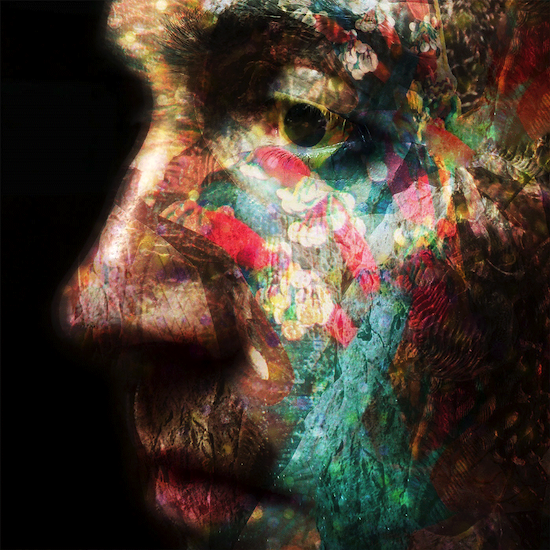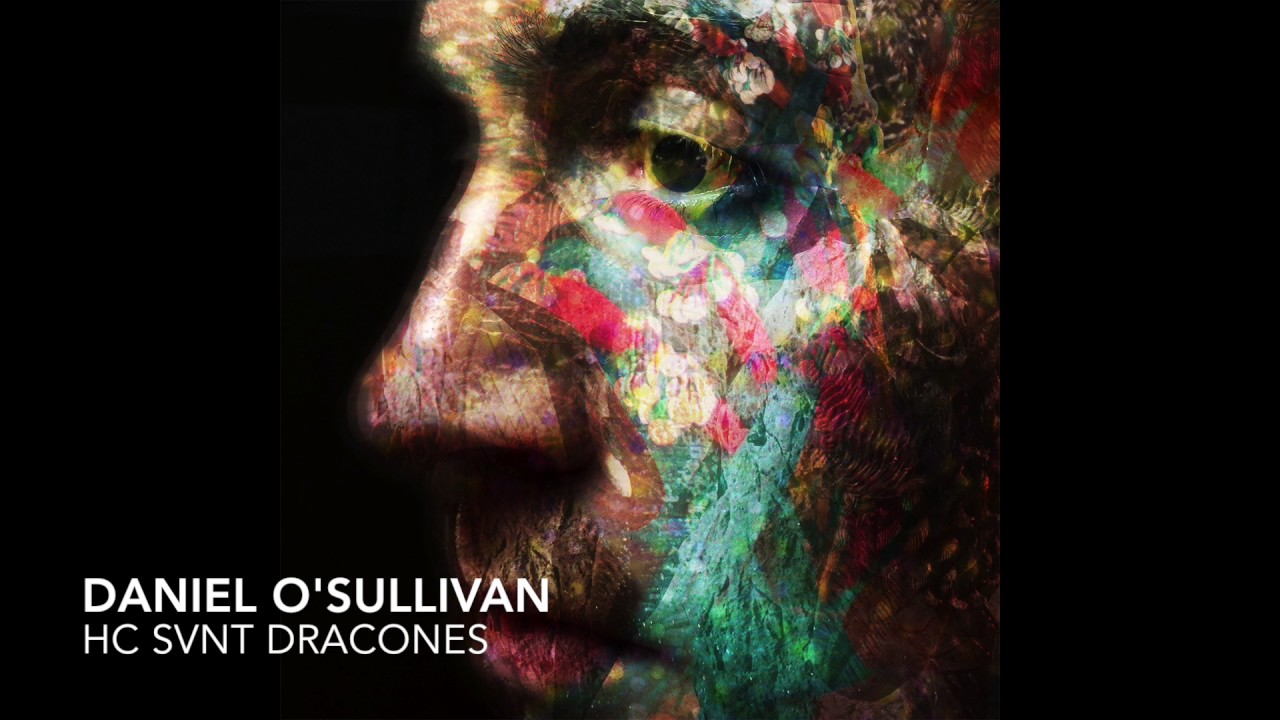Deep in the Blue Ridge Mountains of North Carolina, up a twisting road through the thickly forested coves and ravines near Asheville, lies a strange and beguiling oasis of quirky spirituality. Through the woods, far from the nearest town, discovering the Light Center among the still-primal wilderness is a peculiar and uplifting experience. The well-kept buildings form a small compound among the oak, pine and hemlock; they radiate from a central dome that looks as if it was dropped whole from the vast hazy skies at some unspecified point in the last half-century; the obvious comparison is to an extraterrestrial vehicle of some sort, and often that’s how the occasional visitor – welcome at any time of day or night – perceives the place.
Always deserted but never locked, the Light Center is something between a conference venue and a church, although the soft décor expounds little in the way of denomination, let alone specific faith or following. Wandering sparsely furnished rooms at the periphery reveals little, save for an architectural interest in the interplay of light and gentle shade, illuminated by sharply angled windows in the dome that resemble alien faces when you look at them the right way. Its most astonishing treasure lies at the core of the building: a circular chamber with sequences of lights arranged in groups of primary colours, where the passerby (not that there are many of those) can close the soundproof door, sit in a comfy red chair and initiate a specially programmed relaxation sequence.
This consists of abstract music of the most ambient sort imaginable, while the hypnotic light show lulls the listener into a lightly altered state that is somehow refreshing, even cleansing in a spiritual sort of way. Visiting the Light Center is an odd and mostly wondrous thing, and Daniel O’Sullivan’s album Veld provides a similarly stimulating experience, the sense of being immersed in a locale somewhere out of normal time and space.
This it shares with A Pot Of Powdered Nettles, the moving album O’Sullivan recorded as Laniakea, in partnership with Massimo Pupillo of Zu; Veld was recorded during the years that Daniel lived at Ian Johnstone’s house on Tower Gardens Road in north London, a time that A Pot Of Powdered Nettles both celebrates and mourns. Johnston’s home acted as an artistic focus; it bustled with artistic activity in the heart of a city in constant flux, and was also the residence of a dedicated gardener, beekeeper and agro-forester.
While Veld is at heart a pop album, albeit the sort of popular music that Brian Eno or Talk Talk have made their own, it is also possessed of a cosmic awareness of how people relate to their environment and each other, whether among the thronging masses or deep in the heart of the woods. There’s magic(k) aplenty here, in references spoken and hinted at, in the dub trails and reverses, among the angelic choirs that slip between evidently human and the oddly Mellotronic, from Cocteau Twins to Fovea Hex and spaced-out parts in between, not least those that show a kindred ear for a hook and sit well with O’Sullivan’s membership of both This Is Not This Heat and Ulver.
The edits and switches resolve in layers, songs springing from bubbling electronic pots stirred and rewired, spinning into neatly abstracted beats or slurred in smears of studio machinations. It’s hard to pin down exactly where this album’s origins lie. While it’s mostly at the moments of arrival and departure that O’Sullivan’s music could fit in among the rainbow waves of light and sound that the Light Center deploys, there are also moments where the music lifts off so far from the tethers of gravity that the effect is dreamlike and not a little disorienting, much like stumbling on a non-denominational retreat in the forest. This confluence meets at ‘Apocryphonium’, a merging of Steve Reich-ian meditative undulations with the words of the gnostic gospel ‘The Thunder, Perfect Mind’, uttered as if from on high and godlike – or perhaps from a set of concealed speakers, all the better to be absorbed into the receptive psyche of an acolyte; while the longform collage of ‘Plants I-VII’ unhooks the sun, the moon and the stars all at once.
Veld is full of textural variation, possibly far more than the comparison to an unusual retreat in the mountains can stand; one is a record, the other is a place that may not hold all the mystical qualities I’ve ascribed to it. But on Veld O’Sullivan takes visitors to his musical home on a expansive excursion far from the quotidian and generates an effulgent love of life in all its complexity, from the shadowed recesses of both the everyday and the enchanted.



